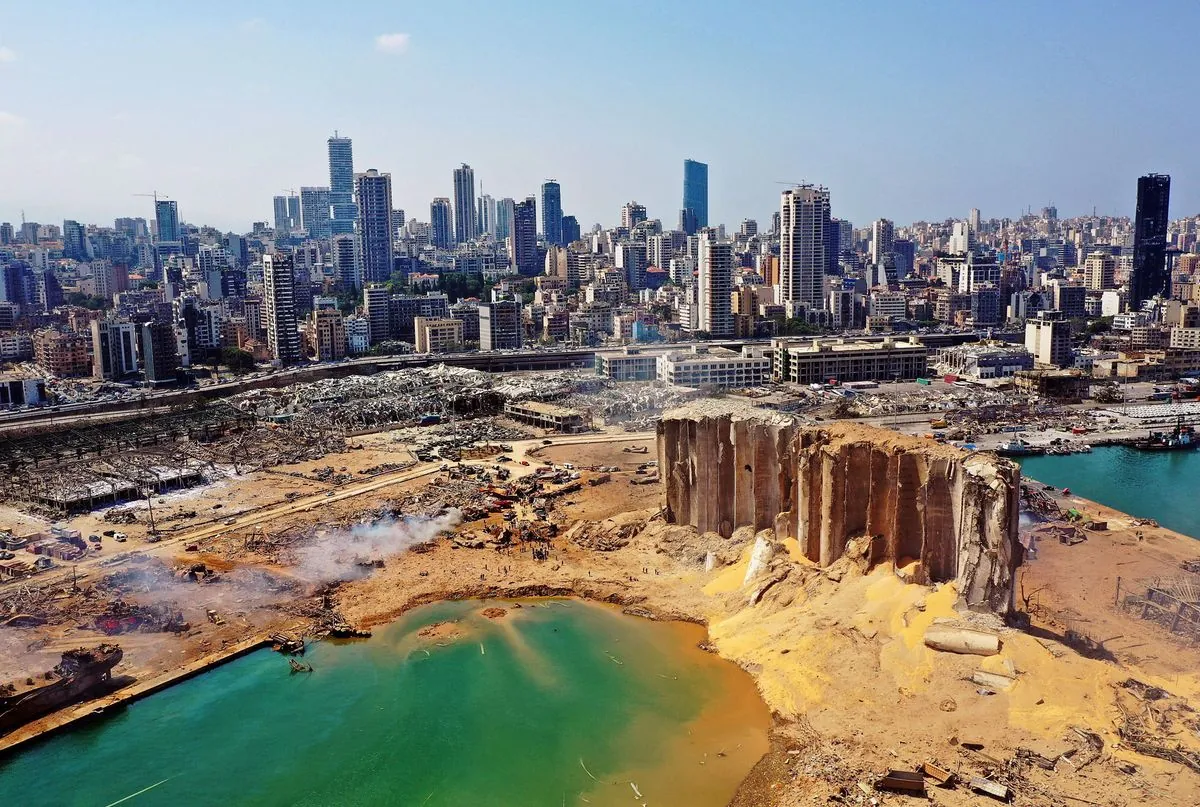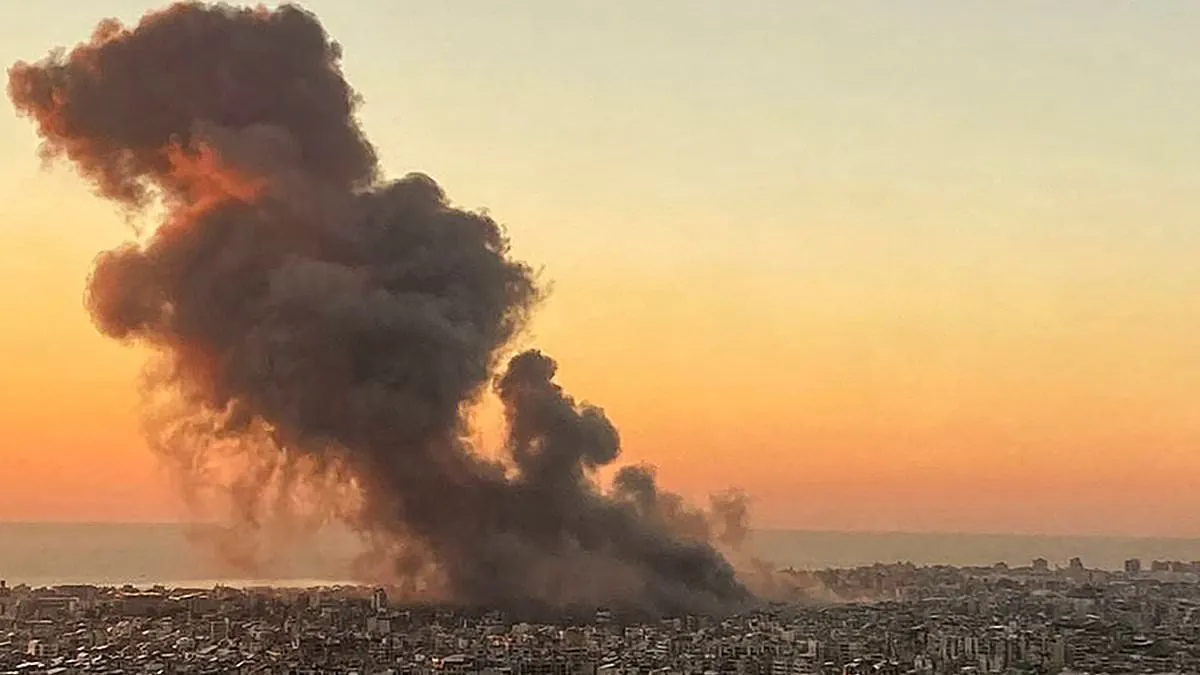Israeli Strikes Target Hezbollah HQ in Beirut, Escalating Tensions
Israeli military strikes Hezbollah headquarters in Beirut, causing massive explosions and casualties. Netanyahu cuts short US visit as speculation mounts about potential targeting of Hezbollah leadership.

On September 27, 2024, the Israeli military conducted a significant operation targeting the headquarters of Hezbollah in Beirut, Lebanon. The strike resulted in substantial explosions, leveling multiple buildings in the southern suburbs of the city. This event marks the most severe blasts to impact the Lebanese capital in the past year.
According to Lebanon's health ministry, the attack claimed at least two lives and left dozens wounded. The Israeli military stated that the operation was aimed at Hezbollah's main headquarters, which was reportedly situated beneath residential structures in the Haret Hreik neighborhood.
Speculation arose regarding the potential targeting of Hassan Nasrallah, the leader of Hezbollah. While unconfirmed, the scale and timing of the strikes suggested the possibility of a high-ranking official being present at the location.

Benjamin Netanyahu, Israel's Prime Minister, abruptly terminated his visit to the United States following the strikes. This unusual decision, breaking with the tradition of not traveling on Sabbath, hinted at the operation's significance.
The recent escalation follows nearly a year of ongoing hostilities between Israel and Hezbollah. The conflict intensified after the October 7, 2023 attack by Hamas on Israel, with Hezbollah initiating rocket fire into Israeli territory as a show of support for Palestinians.
Israel has significantly increased its military operations in Lebanon over the past week, aiming to neutralize Hezbollah's senior leadership and rocket-launching capabilities. The Israeli Defense Forces claim to have inflicted substantial damage on the organization's military infrastructure.
"We will not abandon the support of Palestine, Jerusalem and oppressed Gaza. There is no place for neutrality in this battle."
Despite the intensified strikes, Hezbollah and its supporters maintain a defiant stance. The organization, founded in 1985 during the Lebanese Civil War, has deep-rooted support in parts of Lebanon and continues to assert its commitment to the Palestinian cause.
The conflict's escalation raises concerns about potential further destabilization in the region. Hezbollah, with an estimated 45,000 active fighters and a substantial rocket arsenal, poses a significant military challenge to Israel.
As tensions continue to rise, the international community watches closely. The situation underscores the complex geopolitical dynamics in the Middle East, with Hezbollah's ties to Iran and its involvement in regional conflicts adding layers of complexity to any potential resolution.
The coming days will be crucial in determining whether diplomatic efforts can prevail in de-escalating the situation or if the region will witness a further intensification of hostilities between Israel and Hezbollah.


































